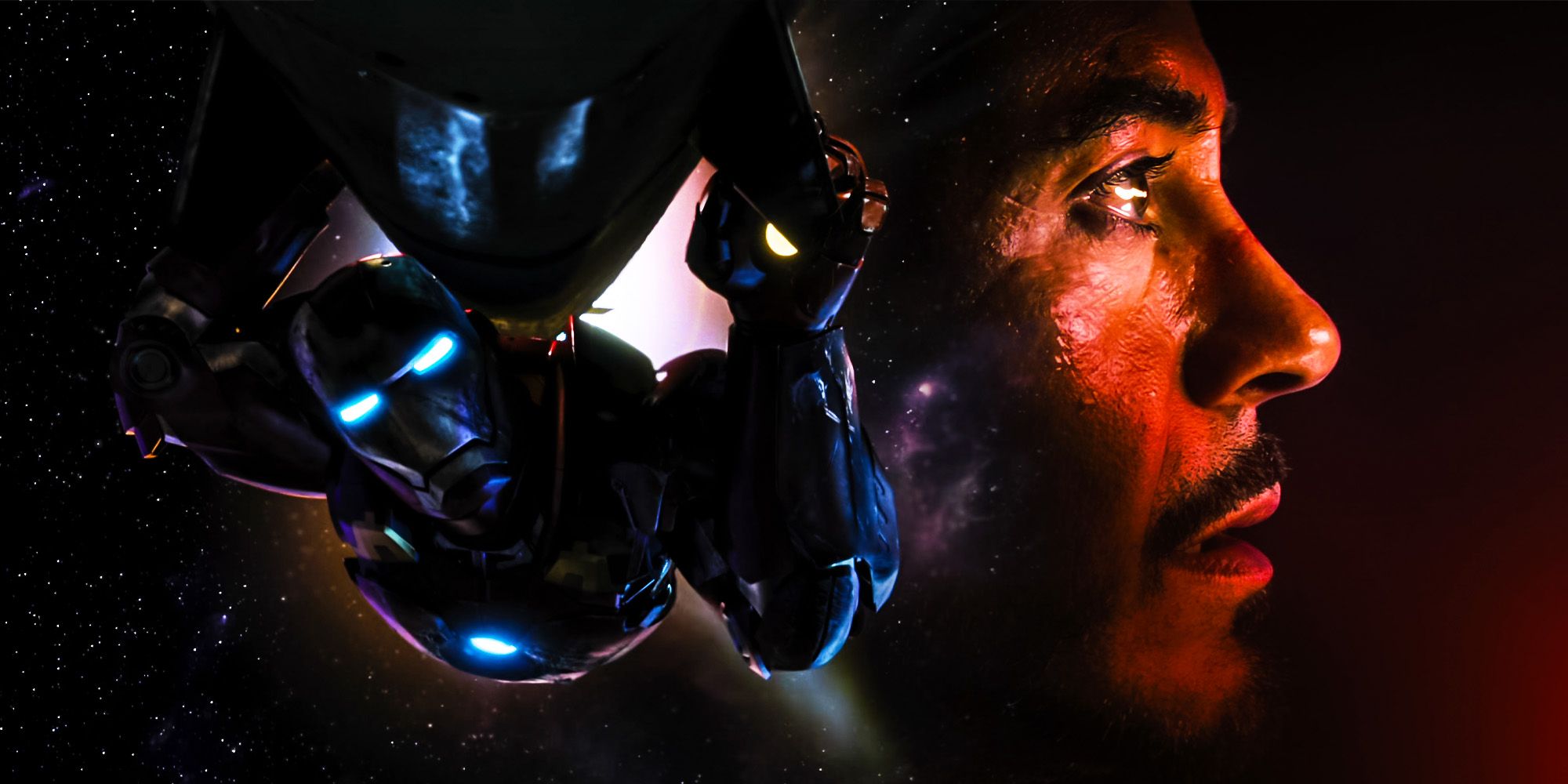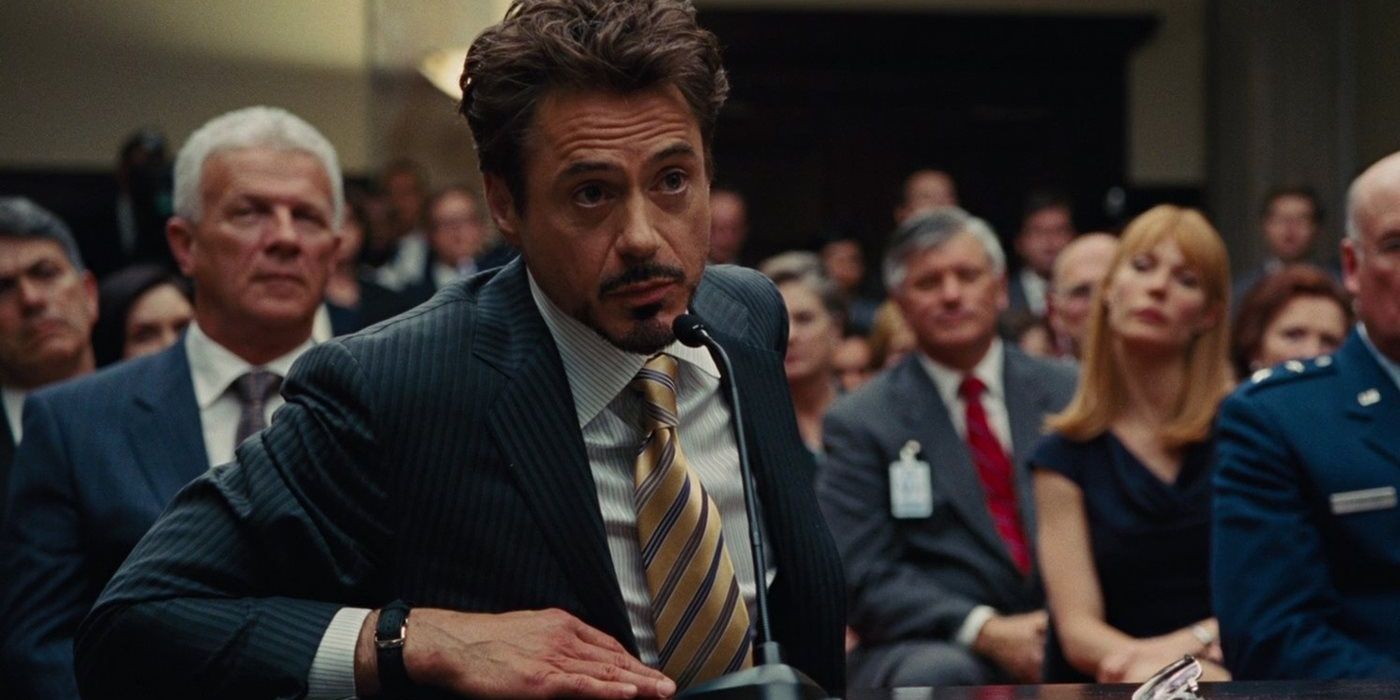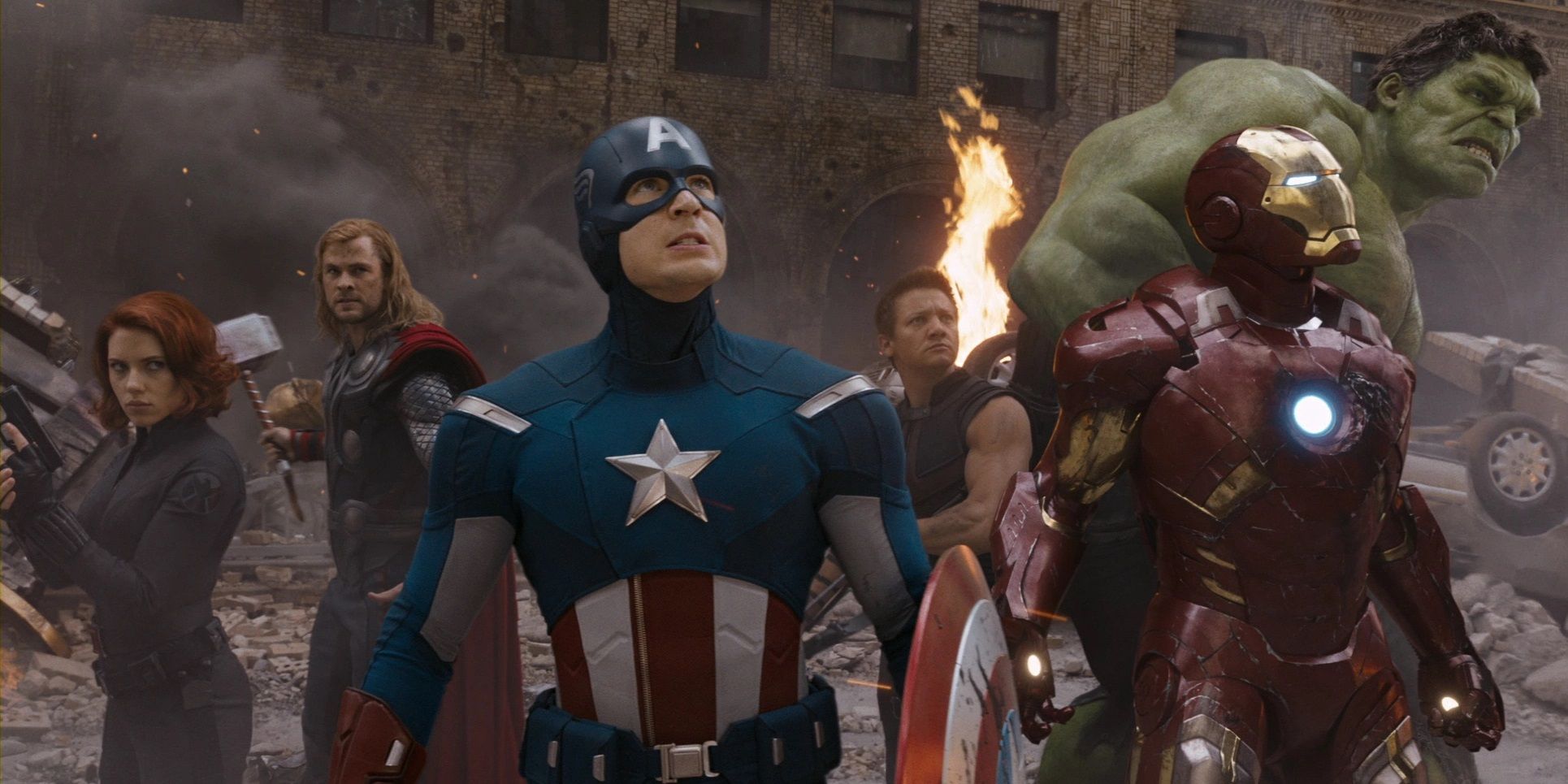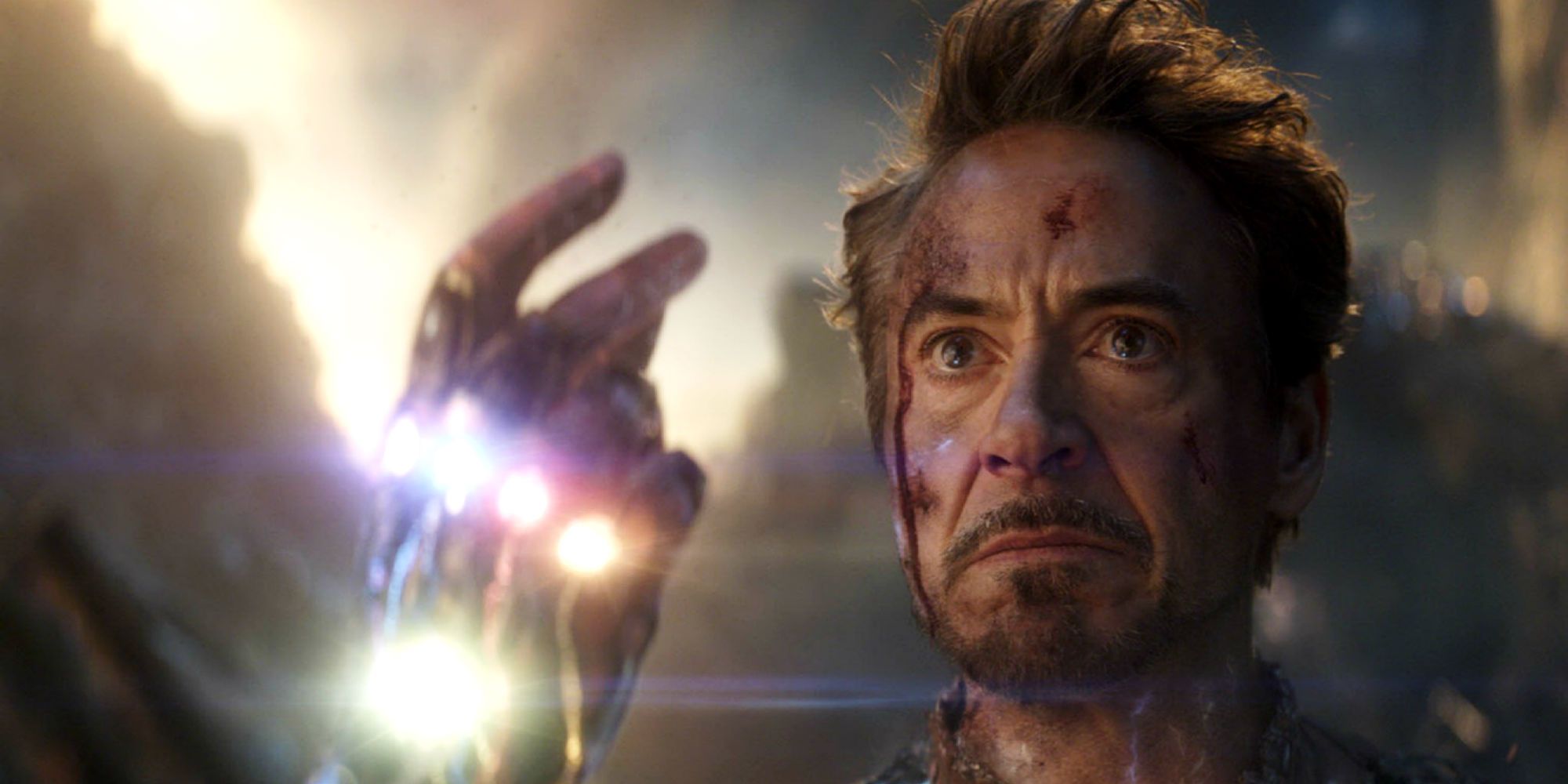Iron Man had a decade-worth of stories in the MCU, but The Avengers' Battle of New York will always be his most important moment in the franchise. Although his last solo film was released in 2013, Tony Stark's (Robert Downey Jr.) character continued to be developed throughout the Avengers films and appearances in other MCU movies such as Captain America: Civil War and Spider-Man: Homecoming. Following the Avengers' defeat in Avengers: Infinity War, Iron Man made the ultimate sacrifice in Avengers: Endgame and proved he was Earth's best defender, just as Captain America (Chris Evans) had previously suggested.
Iron Man's character trajectory cannot be compared to that of any other hero in the MCU. Not only was Iron Man the precursor to the entire franchise, but Robert Downey Jr.' character was also the only one to have two solo films before the first Avengers film. Iron Man was also the first to receive a trilogy and appears at the top of the list of MCU characters with the most screen time - highlighting his continued impact and popularity on the MCU to this day.
That said, the Tony Stark that Robert Downey Jr. portrayed in the first two Iron Man films, and the Tony Stark that ends the MCU Phase 3 are a lot different – and the Battle of New York was the turning point. When Tony went through the wormhole and caught a glimpse of the vastness of the universe, the way he saw the world changed, granting him a fresh perspective on his place within the cosmos. This had a profound impact on Tony Stark as a character; it even changed his personality and set up Iron Man's role in all the other subsequent MCU stories. In this way, Iron Man is at the epicenter of many remarkable moments in the MCU, but most of them were a direct consequence of Tony's experiences in the Battle of New York.
Iron Man Was A Lot Different Before The Avengers
The famous "genius, playboy, billionaire, philanthropist" line sums up what Tony Stark's MCU Phase 1 arc consisted of. The first Iron Man perfectly represented how realizing the negative impact Stark Industries was having on the world shaped Tony's morals and created a character that was, paradoxically, a selfish altruist. Tony was aware that the world needed change, but he believed he was the only one who could do it. Stark had the ideas and technology needed to completely alter the balance of power in the world, but his distrust of everyone else meant he would not share that perceived responsibility with anyone.
In this same vein, Iron Man 2 served as even bigger proof that Tony Stark believed he could protect the world independently. The film's plot revolved around everyone wanting their own Iron Man suit, which led to the birth of War Machine (Don Cheadle) and Tony Stark's belief that he had "privatized world peace." On account of this arrogance, Stark seemed neither surprised nor worried that Black Widow's (Scarlett Johansson) report on him did not recommend his addition to the Avengers initiative - cementing his character's selfish, insular behavior at the time.
How The Battle of New York Changed Iron Man
Stark's signature personality traits were even more evident in The Avengers when forced to work alongside other heroes. However, by the end of the film, Iron Man had witnessed more than he could have ever imagined. Up until The Avengers, the greatest power that Iron Man had interacted with was the Tesseract. Now, he watched Thor and Loki — two of the MCU's gods — trading blows and an entire alien army wreaking destruction across Manhattan.
Yet it was not until the end of the battle, when Tony went through the wormhole to dispose of the bomb, that Iron Man finally understood what he was dealing with. It was a quick, almost surreal moment, but enough for Tony to look at the enormity of the universe and the threats to Earth that resided there. In simple terms, after years of believing himself to be the center of the universe, Iron Man had finally found something bigger than himself that he could not easily defeat or shrug off.
In this way, even though the Avengers managed to defeat Loki and the Chitauri invasion, Tony Stark's idea of privatizing world peace had proven to be flawed. The Earth was now proven to be in danger, and suddenly Iron Man was no longer the answer to all problems as Tony had believed. More than the near-death experience, the reality check that Tony Stark went through was what changed him both as a hero and as an individual and set him up for his final MCU Phase 3 contribution.
The Avengers Set Up Iron Man's Entire MCU Arc
The immediate consequence of Iron Man's Battle of New York experiences saw Tony struggling with anxiety and panic attacks in Iron Man 3. After discovering the extent of the threats in the universe, these feelings of self-doubt can be interpreted as one of the reasons that led Tony to publicly challenge the Mandarin and reveal his own address on live TV. This led to Mandarin attacking Tony's house, resulting in Iron Man's first major defeat in the MCU.
The aftermath of The Avengers events was also behind Tony's Ultron and Iron Legion creation seen in Avengers: Age of Ultron. Not only had Tony realized that Earth was essentially unprotected, but he also understood that Iron Man and the Avengers would not exist forever. Yet Tony Stark and Bruce Banner's (Mark Ruffalo) Ultron project failed spectacularly despite the pair's altruistic motives, adding yet another layer of worry and doubt to Iron Man's character and leading directly to Iron Man favoring the Sokovia Accords in Civil War. While the pre-Battle of New York Iron Man would most likely never have been in favor of superhero registration, this new Tony Stark, who learned no one alone could defeat every threat, was most enthusiastic about the Avengers' collaboration with the government.
Ultimately, the battle of New York sealed Iron Man's fate in the MCU. Tony still did not know who the person behind Loki's Earth invasion was, but he seemed to understand that defeating this one threat would be his most important mission. This is confirmed in Infinity War when Tony mentions that Thanos had always been his nightmare. By using the Infinity Stones and ending Thanos' plans, Iron Man concluded his The Avengers' Battle of New York storyline and confirmed it as his most important moment in the MCU.









